Meet our awardees
Africa Catalyst is supporting six projects in five countries this year, with ODA funding under the UK government’s new International Science Partnership Fund.
Grant recipients have been awarded up to £100,000 for one year projects and knowledge sharing activities between Africa and the UK. Each project sees a partnership between a minimum of one local industry partner, and one UK partner.
You can see all of our current Africa Catalyst and HEP SSA projects on our interactive map.
"Empowering Professional Engineers for Career Success."
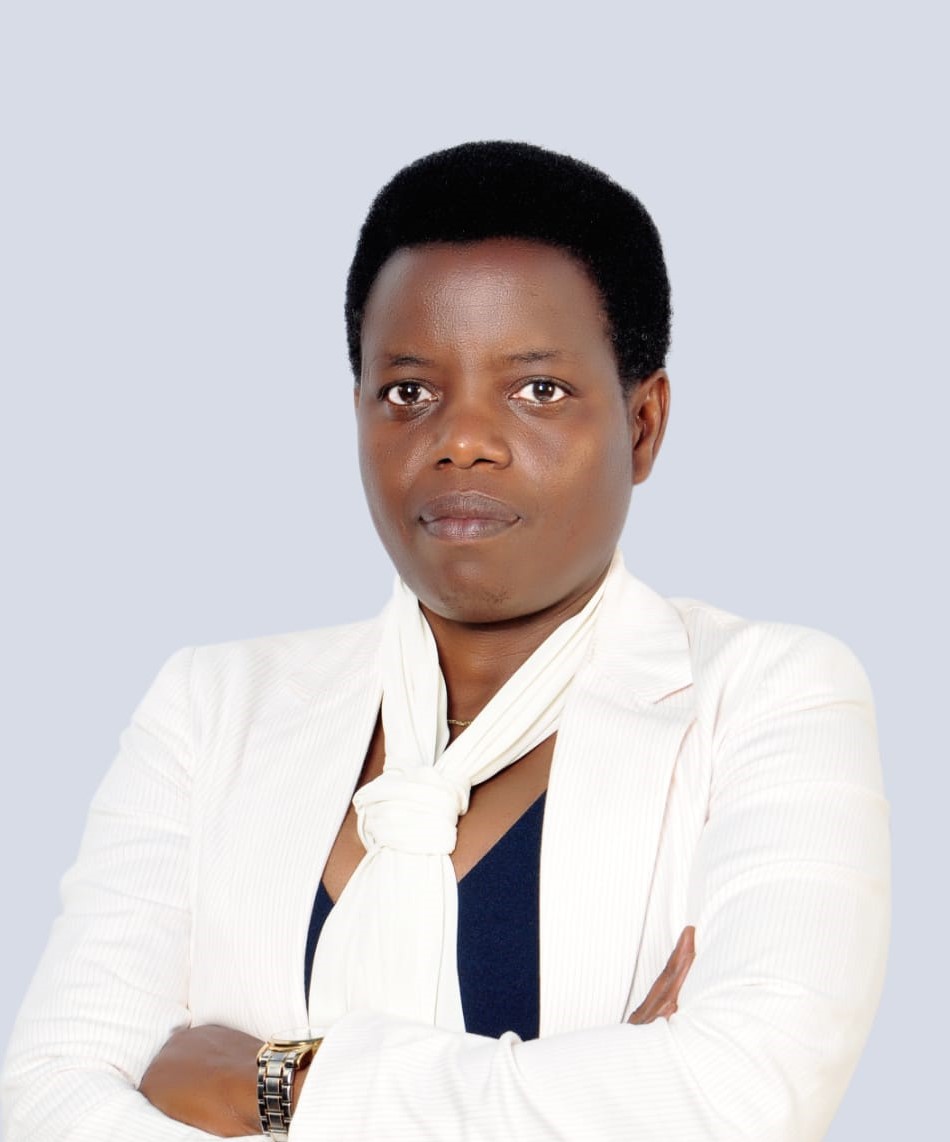
Cecile Uwimana | Institute of Engineers Rwanda
Theme: Capacity building
UK partner
- Engineers Against Poverty | Melina San Martin
Local industry partner:
- Tasks Africa
The purpose of this project is to bridge academic qualifications and industry requirements with a comprehensive soft-skills training programme for young graduates and women engineers, focusing on preparing them for job interviews and equipping them with the necessary skills and knowledge to successfully transition into their chosen industries and reach their potential in the workplace. This project builds upon the achievements of previous GCRF Africa Catalyst phases 1, 2, 3 and 4. Recent surveys conducted during Africa Catalyst phase 4 identified a persistent gap between academic qualifications and industry demands, revealing that women engineers lack confidence and face discouraging behaviours due to background barriers and cultural stereotypes.
"Engineering Excellence Alliance - Strengthening Engineering Professionalism, Capacity Building and growing Engineering Talents for Sustainable Development in sub-Saharan Africa."
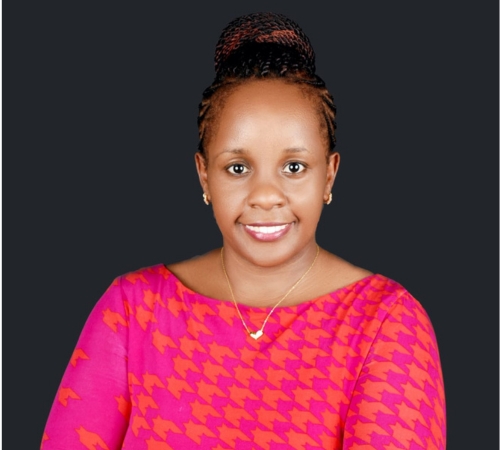
Grace Wanjihia | Institute of Engineers of Kenya
Themes: Policy, Capacity building, Gender mainstreaming
UK partner
- University of West of Scotland | Dr Evi Viza
Local industry partners:
- Meru University of Science and Technology
- Association of Professional Women Engineers of Nigeria (APWEN)
The Engineering Excellence Alliance aims to tackle critical challenges in Sub-Saharan Africa's engineering sector by strengthening professional bodies, enhancing organizational capacities, and nurturing engineering talent for sustainable development. Recognizing the pivotal role of engineers in driving economic growth and social progress, the project seeks to establish cohesive and effective structures within the profession. The project advocates for a unified engineering community capable of driving policy advocacy, setting robust standards, and bridging the gap between academia and industry. Additionally, it addresses gender inclusivity, youth engagement, and STEM education to create a more diverse and skilled workforce, ultimately contributing to the region's sustainable development goals.
"Strengthening the Institutional Framework of UIPE to advance the Contribution of Engineering Professionals to Innovate Value Chain in Uganda."
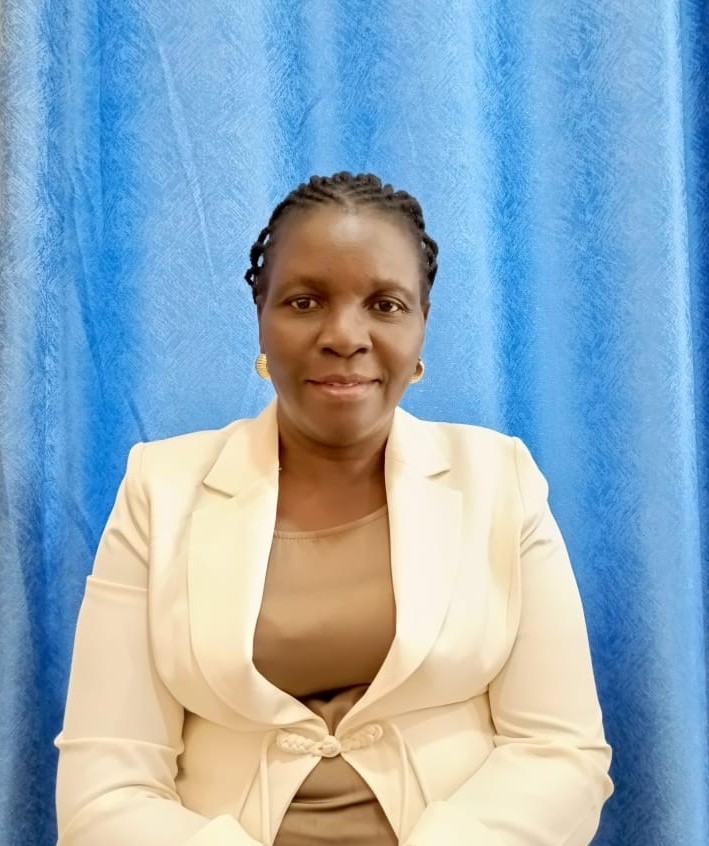
Immaculate Akello | Uganda Institution of Professional Engineers
Theme: Innovation and Policy
UK partner
- University of West of Scotland | Dr Evi Viza
Local industry partner:
- Innovent Labs Africa
The project aims to identify engineering innovators, develop engineering students’ prototypes and scale all these innovations into bankable innovations that solve community problems. The project will also carry out needs assessment of the previous university student awardees in the Africa Catalyst phases 2 and 3, manage and scale the engineering innovations of third and fourth-year students from selected universities and offer business development services to young innovators through the Research, Innovation, and Grants (RIG) committee that was established by the UIPE Council. Through the local partner Innovent Labs Africa (ILA), UIPE will develop the IP and innovation policy, as well as Build an innovation pipeline or an innovation management portal. Furthermore, as part of this project, UIPE aims to reach out to marginalized groups, specifically women in engineering and engineers with disabilities, ensuring they are included and supported in the innovation ecosystem. In addition, the project will also set up and train an engineering innovation peer review committee that will continue to receive and review innovation prototypes. By addressing these challenges and implementing the proposed interventions, the project aims to create a more supportive and conducive environment for engineering innovation in Uganda, benefiting both the innovators and the broader community.
"Raising Public Awareness and the Profile of Agricultural Engineering to Grow and Sustain the Agricultural Engineering Professional Engineering Bodies in Africa."
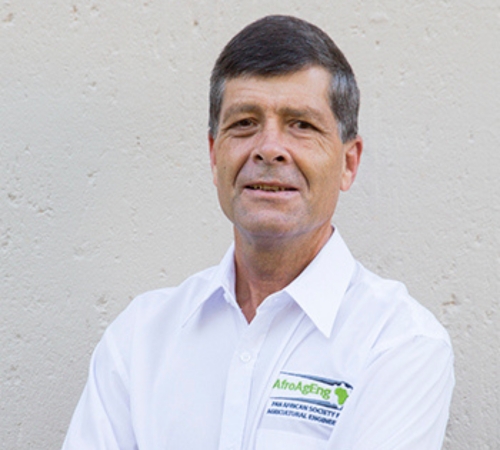
Professor Jeff Smithers | South African Institution of Agricultural Engineers
Themes: Agriculture and Policy
UK partner
- Institute of Agricultural Engineers (IAGrE) |Charlie Nicklin and Alastair Taylor
Local industry partner:
- Kenya Society of Environmental, Biological and Agricultural Engineers (KeSEBAE)
- Pan African Society for Agricultural Engineers
This project aims to raise the profile of Agricultural Engineering and highlight the role of technology across agricultural systems. This project will showcase the potential of the profession by implementing best practices from collaborative partners. The project will build on the success of previous GCRF Africa Catalyst Phase 2 and 4 projects, which helped to establish the Pan African Society for Agricultural Engineers (PASAE).
"Catching them young through Sibo the Engineer Project."

Michelle Maphosa | South African Federation of Engineering Organisations, Zimbabwe/South Africa
Themes: Engineering education and Gender mainstreaming
UK partner
- Commonwealth Engineering Council|Dawn Bonfield MBE FREng
Local industry partner:
- STEMexplorerz
The Sibo the Engineer Project introduces STEM to children aged 8-12 through inclusive, diversified, and engaging content based on a children's book series featuring Sibo, a young Zimbabwean girl, exploring various STEM subjects. The project will extend its impact across five African countries: South Africa, Zambia, Malawi, Kenya and Rwanda, through SAFEO. By leveraging resources and insights gained from its successful Zimbabwe pilot, the project will customize programmes to each country's unique cultural and policy landscape, creating tailored educational programmess and books for each respective country's Professional Engineering Body. Additionally, outreach and young engineer development programs will be established by the PEBs, to inspire the next generation of girls to become STEM professionals.With three books as resources for school and institutions to model ('Sibo the Civil Engineer', 'Sibo the Chemical Engineer' and 'Sibo the Electrical Engineer’), coupled with animations and virtual reality tours, the project endeavours to cultivate critical thinking, creativity, and innovation to schoolchildren.
"Integrated and Inclusive Infrastructure Framework (3iF) - Phase 3: Professional Development for Kenyan Engineers on Urban Development Principles, Tactics and Design."
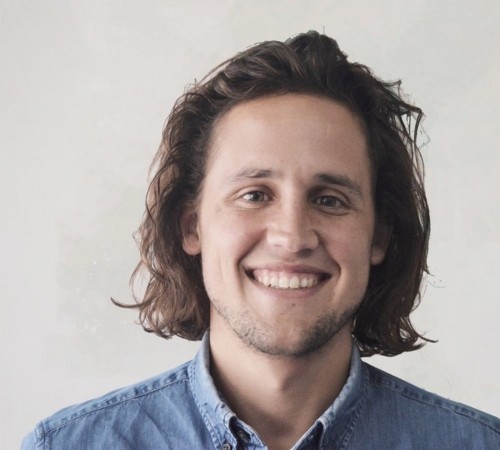
Jack Campbell-Clause | Kounkuey Design Initiative, Kenya
- Infrastructure
UK partner
- Imperial College London|Professor Priti Parikh
Local industry partners:
- Institute of Engineers of Kenya
- Architectural Association of Kenya
- Arup East Africa Limited
Since 2020, 3iF has engaged planners, engineers, designers, and communities in sustainable informal settlement upgrading in Kenya. Developed through collaboration with government, academia, and civil society, 3iF includes a 'Practice Guide' for professionals and a 'People’s Guide' for communities and CSOs. The current third phase of the project focuses on urban settlements in Kenya, building on previous momentum to share the Framework, train future engineers, and expand to other East African countries. It aims to engage counties like Nairobi, Kilifi, Kisumu, Kakamega, and Nakuru through AAK and IEK members. Regionally, the project invites organizations from Uganda and Rwanda for workshops and collaborative activities to promote sustainable urban infrastructure development and engineering education. The success of 3iF has paved the way for national and regional expansion, leveraging partnerships with IEK, AAK, and connections in Uganda and Rwanda. Collaboration with UCL Engineering for International Development Centre enhances engineering education discussions in Kenya. Arup East Africa's involvement strengthens KDI’s technical capacity and private sector coordination.
